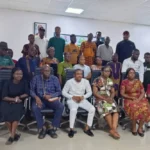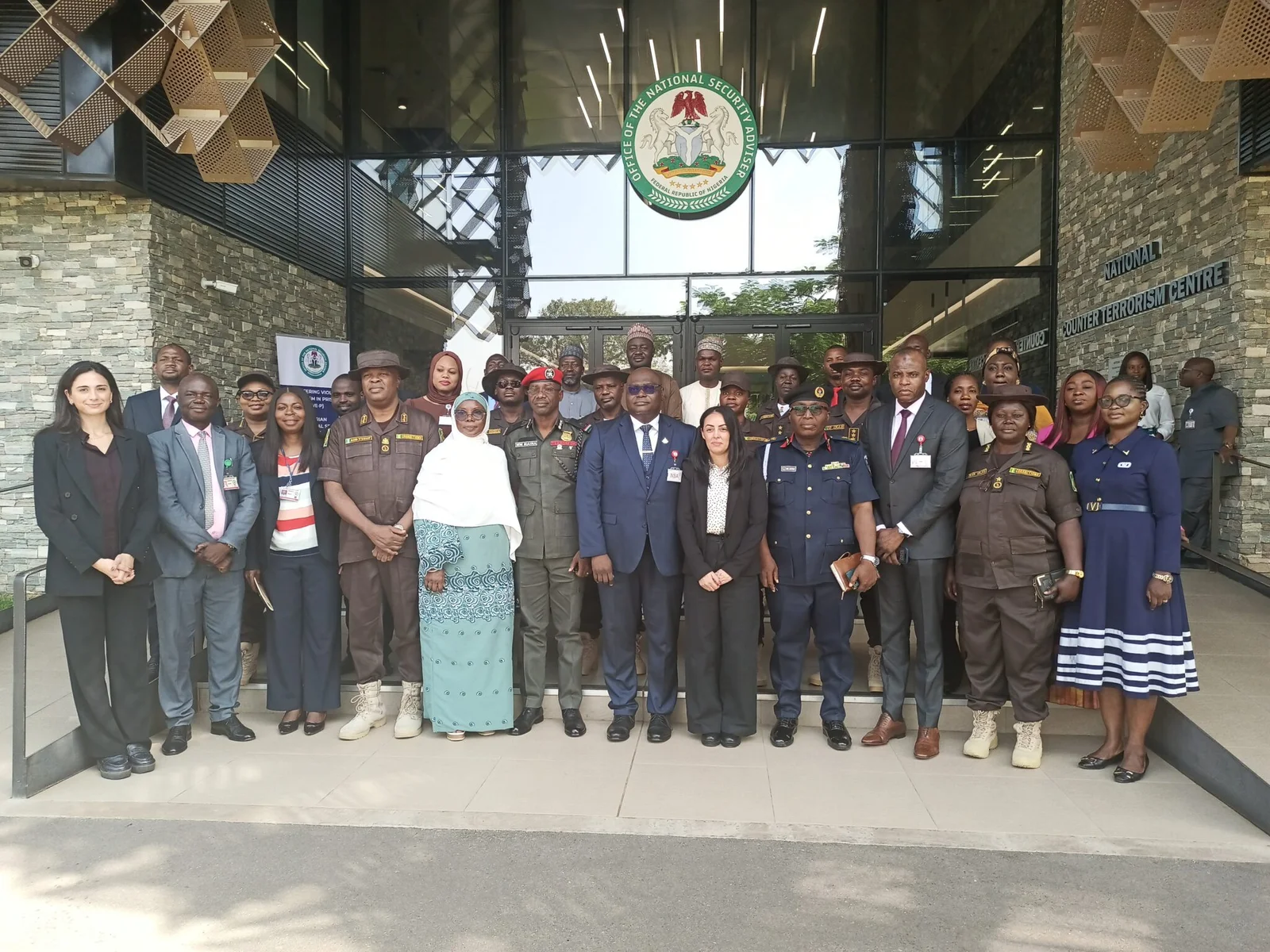By Sumaila Ogbaje
The National Counter Terrorism Centre (NCTC), in partnership with the Global Centre on Cooperative Security, on Wednesday unveiled a three-day needs assessment programme on Countering Violent Extremism (CVE) within Nigerian correctional facilities.
The initiative is part of a six-month project titled “Countering Violent Extremism in Prisons – Morocco and Nigeria Initiative,” supported by the Delegation for Prison Administration and Reintegration of the Kingdom of Morocco and funded by the Government of Canada.
In his remarks, National Coordinator of NCTC, retired Maj.-Gen. Adamu Garba Laka, said the exercise would help identify gaps and strengthen the Nigerian Correctional Service’s (NCoS) response to violent extremism in custodial centres.
Laka said the outcome of the needs assessment would guide the development of evidence-based, context-specific deradicalisation and reintegration programmes that address the root causes of radicalisation.
“Over the next three days, we will be working together to identify key needs and gaps in our custodial centres, discuss best practices and develop actionable recommendations.
“The NCTC remains the central hub for coordination and policy development on counterterrorism and P/CVE initiatives in Nigeria,” he said.
Laka highlighted key national efforts including the Joint Investigation Centre in Maiduguri, the Giwa Project in Kainji, and Operation SAFE CORRIDOR in Gombe and Zamfara States.
He said the centre had processed and rehabilitated over 3,000 ex-combatants since inception.
Laka also commended the NCoS for pioneering the Deradicalisation Programme at the Kuje Custodial Centre in 2015, describing it as a model for transforming extremist beliefs and preparing inmates for social reintegration.
In her remarks, Ms. Saeida Rouass, Senior Fellow at the Global Center on Cooperative Security, reaffirmed the organisation’s commitment to human rights–centred and locally tailored approaches in countering violent extremism.
Rouass, who was joined by her colleague, Trista Youssef, said the Global Centre had delivered more than 250 security and rehabilitation projects in over 50 countries, including Morocco, Kenya, Indonesia, and Trinidad & Tobago.
“Our work is rooted in collaboration, equal partnership, and context-driven solutions.
“This initiative reflects South–South cooperation between Morocco and Nigeria, with the generous support of Canada,” she said.
Rouass noted that the activity builds on over a decade of CVE-P experience with Morocco’s prison authority, aligned with its African Forum for Corrections and Rehabilitation and Canada’s Africa Strategy.
Also speaking, Dr Ibrahim Ade-Yusuf, who represented the Controller-General of the Nigerian Correctional Service, described the programme as a milestone in Nigeria’s efforts to strengthen institutional capacity in managing violent extremist offenders.
He said the NCoS remained committed to continuous learning and international collaboration to address the evolving dynamics of violent extremism.
“This partnership brings together the expertise of Morocco, Canada and the Global Centre to support Nigeria’s correctional reforms through knowledge exchange and capacity building,” he said.
He commended the Global Centre’s record in training thousands of correctional staff globally and urged participants to engage fully to develop sustainable solutions for Nigeria’s correctional system. (NAN)(www.nannews.ng)
Edited by Yakubu Uba












